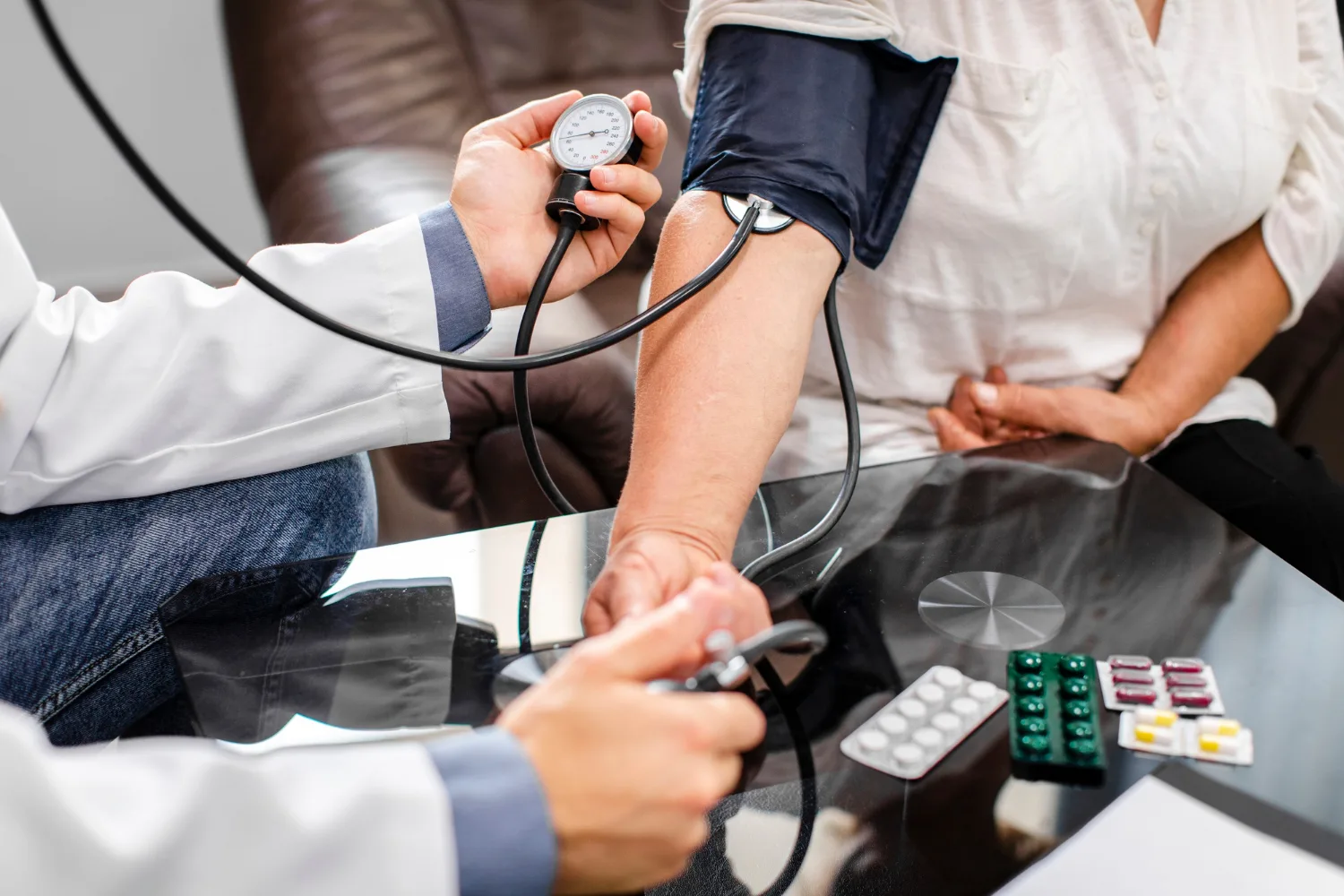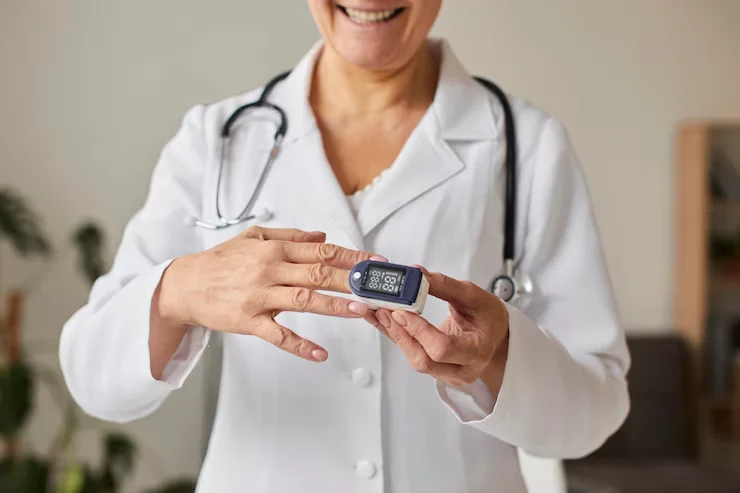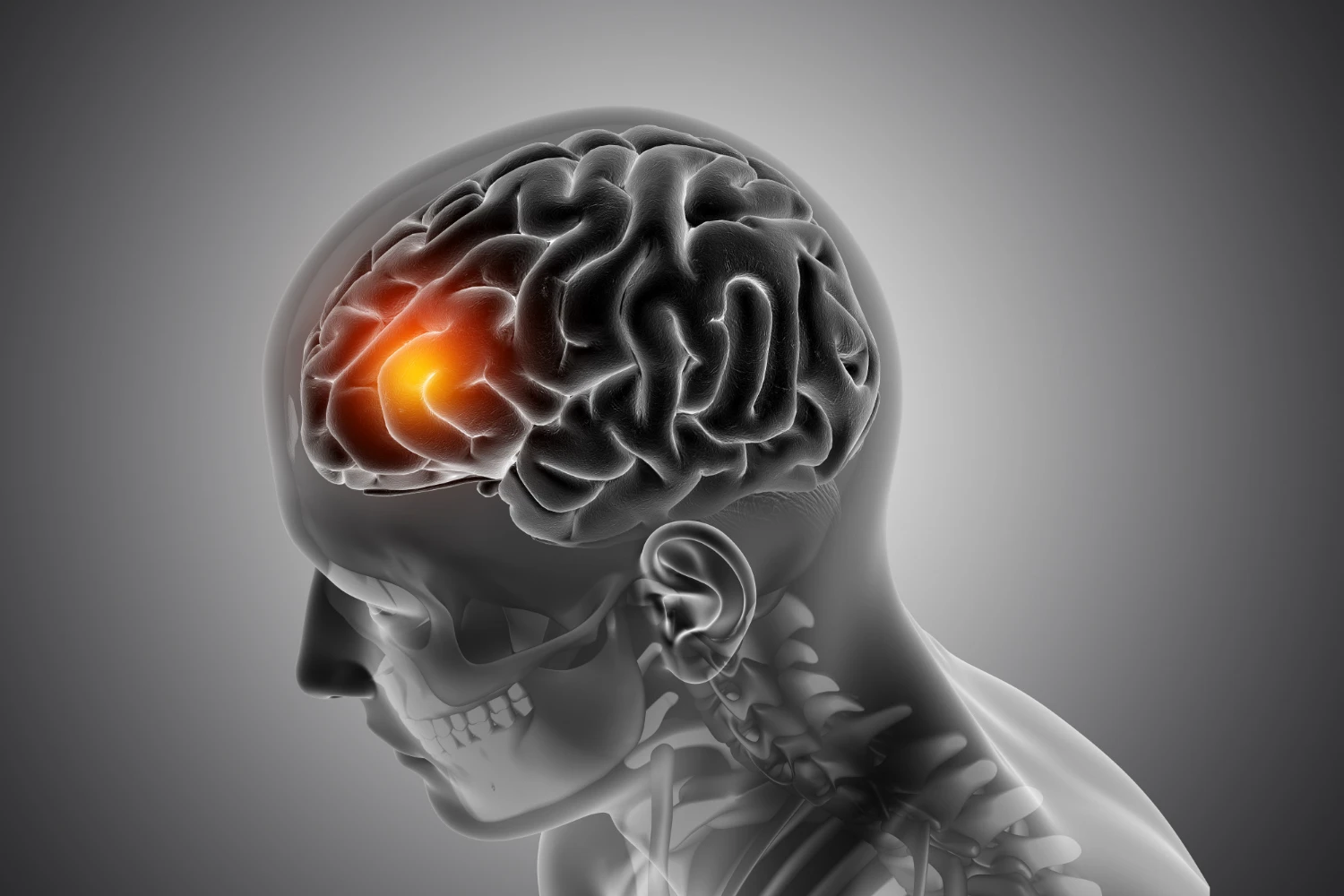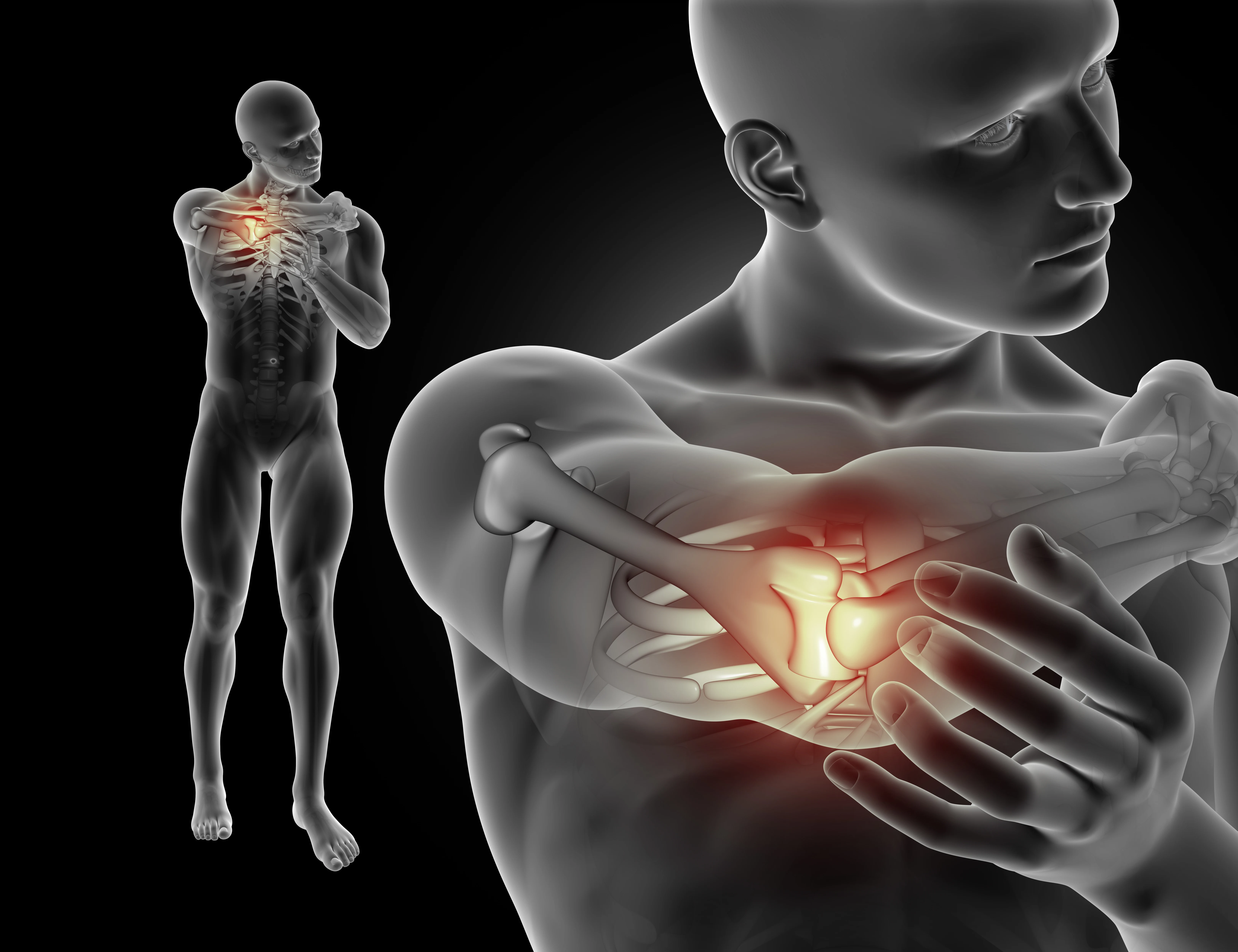What Are 10 Warning Signs Of Diabetes?
Category: Blogs
Diabetes is a chronic condition affecting millions globally, and early detection is crucial to prevent serious complications. Recognizing the warning signs of diabetes can lead to timely diagnosis and treatment, improving quality of life.
At Lokmanya Hospitals, known as the best hospital for diabetes treatment in Pune, we emphasize awareness and early intervention. Our expert endocrinologists use advanced diagnostic methods to identify diabetes early and customize treatment for every patient. With a dedicated team and cutting-edge technology, Lokmanya ensures patients receive comprehensive care to manage diabetes effectively.
Why Is It Important to Know the Warning Signs of Diabetes?
Many people live with undiagnosed diabetes for years because early symptoms are often subtle or mistaken for other conditions. Ignoring these signs can lead to complications such as heart disease, kidney failure, nerve damage, and vision loss.
When should you get checked for diabetes?
If you notice any of these warning signs or have risk factors such as family history, obesity, or high blood pressure, consult a specialist immediately. Early diagnosis at Lokmanya Hospitals, one of the best hospitals for diabetes care, helps prevent irreversible damage.
What Are the 10 Warning Signs of Diabetes?
Here’s an in-depth look at the top 10 warning signs that might indicate diabetes:
1. Frequent Urination (Polyuria)
One of the earliest symptoms is frequent urination, especially waking up multiple times at night to urinate.
- Why does it happen?
High blood sugar causes the kidneys to work harder to filter and absorb the excess glucose, leading to increased urine production. - When to worry?
If you notice a sudden increase in urination frequency lasting days or weeks.
2. Excessive Thirst (Polydipsia)
Excessive urination can lead to dehydration, causing persistent thirst.
- What does it indicate?
Your body tries to replace lost fluids, signaling a possible sugar imbalance.
3. Unexplained Weight Loss
Despite eating normally, or even more than usual, unexpected weight loss can occur.
- Why?
When cells can’t use glucose for energy, the body breaks down fat and muscle for fuel. - Is this serious?
Yes, rapid weight loss requires medical evaluation, especially if accompanied by other symptoms.
4. Increased Hunger (Polyphagia)
Feeling hungrier than usual is another classic sign.
- Why?
The body’s cells are starved of energy, triggering constant hunger signals.
5. Fatigue and Weakness
Low energy levels and feeling tired all the time are common complaints.
- What causes this?
Inefficient glucose use results in less energy for daily activities.
6. Blurred Vision
High blood sugar can cause swelling in the lenses of the eyes, affecting the ability to focus.
- When should you see a doctor?
If vision problems persist or worsen, it’s important to get screened for diabetes.
7. Slow-Healing Wounds and Frequent Infections
Cuts, bruises, and infections that take longer than usual to heal may indicate diabetes.
- Why does this happen?
Elevated sugar levels impair blood circulation and immune response.
8. Tingling or Numbness in Hands and Feet (Neuropathy)
Diabetes can cause nerve damage, leading to a tingling sensation or numbness.
- Is this reversible?
Early treatment can prevent progression, but long-term damage may be permanent.
9. Darkened Skin Patches (Acanthosis Nigricans)
Velvety, dark patches of skin, often around the neck or armpits, can be a sign of insulin resistance.
- What does it mean?
It signals elevated insulin levels, often preceding Type 2 Diabetes.
10. Irritability and Mood Changes
Sudden mood swings or increased irritability may occur due to fluctuating blood sugar levels.
- Why is this important?
It shows diabetes can affect both physical and mental health.
How Does Early Diagnosis at Lokmanya Hospitals Help?
At Lokmanya Hospitals, recognized as the best hospital for diabetes treatment in Pune, we prioritize early diagnosis through advanced blood tests and screening methods. Detecting diabetes before severe symptoms develop allows for better management and reduces risks of complications.
Our multidisciplinary team crafts individualized treatment plans, combining medication, lifestyle counseling, and continuous monitoring. Patients receive education and support, empowering them to manage their condition confidently.
Tips to Prevent or Delay Diabetes Onset
If you notice early warning signs or are at risk, here are preventive steps:
- Maintain a healthy weight
- Follow a balanced diet rich in fiber and low in sugar
- Exercise regularly
- Avoid smoking and excessive alcohol consumption
- Monitor blood sugar regularly if at risk
Why Choose Lokmanya Hospitals for Diabetes Care?
Choosing the best hospital for diabetes treatment can make a significant difference in your health outcomes. Lokmanya Hospitals offers state-of-the-art facilities, experienced endocrinologists, and a patient-centered approach that ensures personalized diabetes management.
Our comprehensive services include diagnostics, inpatient and outpatient care, dietary counseling, and long-term monitoring, making Lokmanya a trusted choice for diabetes patients across Pune.
Conclusion
Recognizing the 10 warning signs of diabetes early can lead to timely diagnosis and effective management, preventing serious complications. If you experience any symptoms like frequent urination, excessive thirst, unexplained weight loss, or fatigue, don’t ignore them.
Visit Lokmanya Hospitals, the best hospital for diabetes treatment in Pune, for expert evaluation and care. Early detection and a personalized treatment plan can empower you to live a healthy life despite diabetes.
Common Questions About Diabetes Warning Signs
- Why do people miss early symptoms of diabetes?
Early symptoms can be mild or mistaken for other health issues, leading to delayed diagnosis. - What should I do if I notice any of these warning signs?
Consult an endocrinologist immediately, preferably at a reputed center like Lokmanya Hospitals, for comprehensive testing and care. - When is the best time to get screened for diabetes?
Screening is recommended if you have symptoms or risk factors such as family history, obesity, or high blood pressure. Routine screening is also advised after age 45. - What are the most common early symptoms of diabetes?
Frequent urination, excessive thirst, unexplained weight loss, fatigue, and blurred vision are typical early signs. Early detection can prevent complications. - Can diabetes be reversed or controlled without medication?
In some cases, especially type 2 diabetes, lifestyle changes such as a healthy diet, regular exercise, and weight management can help control or even reverse the condition. However, always follow your doctor’s advice. - How often should I monitor my blood sugar levels?
It depends on the type of diabetes and your treatment plan. Your doctor at Lokmanya Hospitals can guide you on how often to test, whether daily or periodically, to manage your health effectively.

Previous blog

How To Reduce High Blood Pressure?
Next blog






